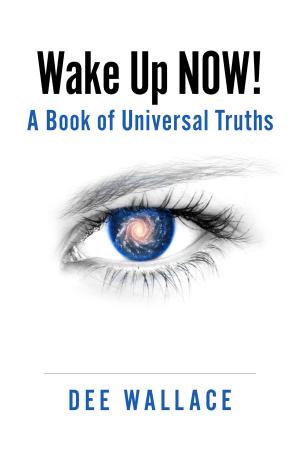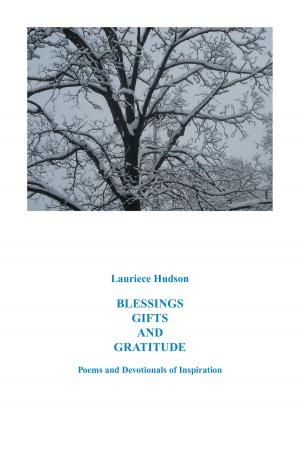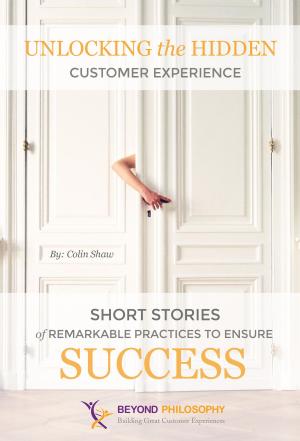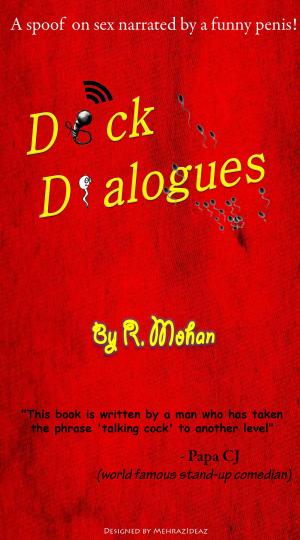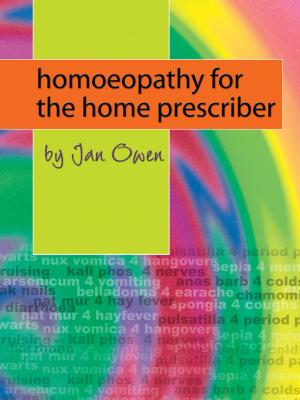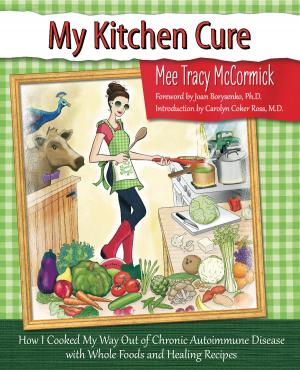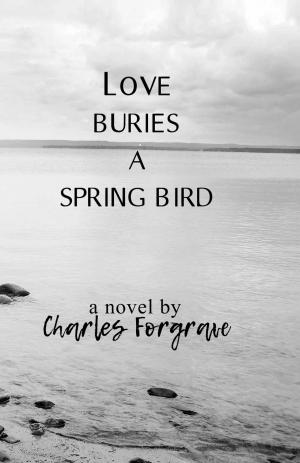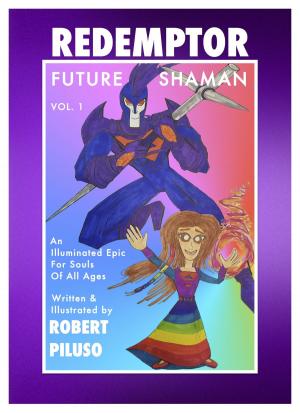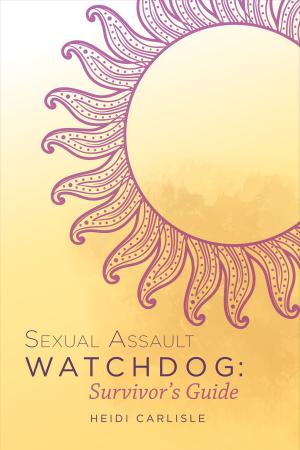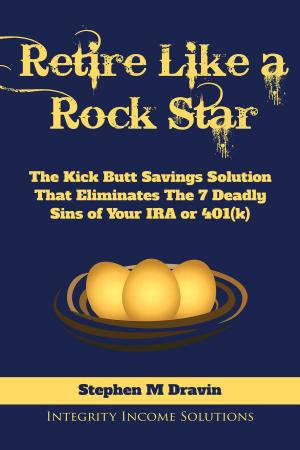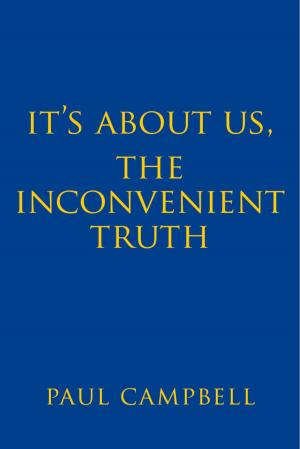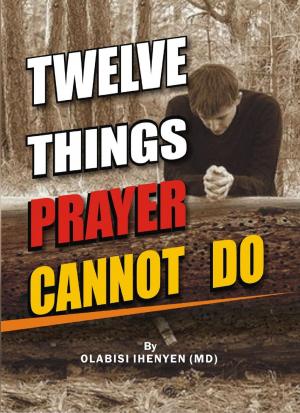100 Creativity Ingredients
Everyone’s Playbook to Unlock Creativity
Nonfiction, Health & Well Being, Self Help, Self Improvement, Creativity| Author: | Pearl Zhu | ISBN: | 9781483590745 |
| Publisher: | BookBaby | Publication: | December 28, 2016 |
| Imprint: | BookBaby | Language: | English |
| Author: | Pearl Zhu |
| ISBN: | 9781483590745 |
| Publisher: | BookBaby |
| Publication: | December 28, 2016 |
| Imprint: | BookBaby |
| Language: | English |
All humans are born with raw creativity ability. Creativity has many dimensions, with multi-faceted truth and myth, manifold knowledge and multidimensional insight. Creativity is the ability to create novel value and make a difference; the creative mind is defined as originator mastering “out-of-the-box” thinking to break through conventional wisdom. Creativity needs a problem to switch on the “light bulb power,” and the creative person needs a purpose to fuel positive energy. Creativity is infused with an inner cohesion and comes from a vision of uniqueness. Creative person’s spirit and soul dance with passion and imagination; creativity needs encouragement as food, and conflict to spark it. Creativity adds a signature or aesthetic sense that elevates passion to purpose and fancy to enchantment. Creativity is wings of our mind and tempo of our heartbeat. Creativity is a constructive disruption, not so bad addiction, and a sensational phenomenon. Creativity habit needs to be cultivated via practices, creativity muscle needs to be strengthened via daily grinding, and creativity excellence can be achieved. Creativity formula has many unique ingredients, read this book “100 Creativity Ingredients” to figure out. The purpose of “100 Creativity Ingredients - Everyone’s Playbook to Unlock Creativity “is to classify, scrutinize, articulate, and share insight about one hundred special creativity ingredients, to paint the picture with them, to add colors on them, to embed the music into them, and to make the story via them, in order to unleash our collective creativity potential. Chapter 1 Intellectual Ingredients: Creativity is the high level of thinking. Thinking is probably one of the most difficult things for human beings, the thinking capability well defines the difference between human and other creatures, and the level of thinking may also well reflect who we are. Chapter 2 Psychological Ingredients: If you consider being creative as a way of thinking, of imagining, of expression, of perceiving things, of inventing, of inspiring, etc, then it happens every day, multiple times a day. To gifted creatives, being creative is something that they are, whether they're consciously being creative or not. It is the psychological state of the mind depending on what you consider creativity and being creative. Chapter 3 Knowledge and Capability Ingredients: There is a philosophical connection between knowledge and creativity. Knowledge is path-dependent. This means that to discover an opportunity, you should have previous knowledge in the field to be able to get recognized. Imagination is also needed to be able to apply this previous knowledge to the different context. Nowadays creativity is an important professional capability, and the multitude of professional capabilities can enforce creativity as well. Chapter 4 Activity Ingredients: While we each have the enormous creative capacity, our willingness to exercise and express it becomes more complicated. Creative people are inspired to think and work nearly every day on creating, not reactively waiting for the “Aha” moment, but proactively stimulating the new energy with the fountain of creativity. Chapter 5 Motivational Ingredients: Creativity has many forms and manifestations. Take the standpoint that creativity has its starting point within an individual. Creativity can manifest in a collective environment. While the individual contributions provide the 'building block" of creativity, it is the collective consensus on what to do with them that is exciting. Creativity is innate with many special ingredients; and creativity can be developed if the conditions are right and there is knowledge, love, inspiration, encouragement and permission. Creativity is a long-term endeavor. Creativity can be abundant.
All humans are born with raw creativity ability. Creativity has many dimensions, with multi-faceted truth and myth, manifold knowledge and multidimensional insight. Creativity is the ability to create novel value and make a difference; the creative mind is defined as originator mastering “out-of-the-box” thinking to break through conventional wisdom. Creativity needs a problem to switch on the “light bulb power,” and the creative person needs a purpose to fuel positive energy. Creativity is infused with an inner cohesion and comes from a vision of uniqueness. Creative person’s spirit and soul dance with passion and imagination; creativity needs encouragement as food, and conflict to spark it. Creativity adds a signature or aesthetic sense that elevates passion to purpose and fancy to enchantment. Creativity is wings of our mind and tempo of our heartbeat. Creativity is a constructive disruption, not so bad addiction, and a sensational phenomenon. Creativity habit needs to be cultivated via practices, creativity muscle needs to be strengthened via daily grinding, and creativity excellence can be achieved. Creativity formula has many unique ingredients, read this book “100 Creativity Ingredients” to figure out. The purpose of “100 Creativity Ingredients - Everyone’s Playbook to Unlock Creativity “is to classify, scrutinize, articulate, and share insight about one hundred special creativity ingredients, to paint the picture with them, to add colors on them, to embed the music into them, and to make the story via them, in order to unleash our collective creativity potential. Chapter 1 Intellectual Ingredients: Creativity is the high level of thinking. Thinking is probably one of the most difficult things for human beings, the thinking capability well defines the difference between human and other creatures, and the level of thinking may also well reflect who we are. Chapter 2 Psychological Ingredients: If you consider being creative as a way of thinking, of imagining, of expression, of perceiving things, of inventing, of inspiring, etc, then it happens every day, multiple times a day. To gifted creatives, being creative is something that they are, whether they're consciously being creative or not. It is the psychological state of the mind depending on what you consider creativity and being creative. Chapter 3 Knowledge and Capability Ingredients: There is a philosophical connection between knowledge and creativity. Knowledge is path-dependent. This means that to discover an opportunity, you should have previous knowledge in the field to be able to get recognized. Imagination is also needed to be able to apply this previous knowledge to the different context. Nowadays creativity is an important professional capability, and the multitude of professional capabilities can enforce creativity as well. Chapter 4 Activity Ingredients: While we each have the enormous creative capacity, our willingness to exercise and express it becomes more complicated. Creative people are inspired to think and work nearly every day on creating, not reactively waiting for the “Aha” moment, but proactively stimulating the new energy with the fountain of creativity. Chapter 5 Motivational Ingredients: Creativity has many forms and manifestations. Take the standpoint that creativity has its starting point within an individual. Creativity can manifest in a collective environment. While the individual contributions provide the 'building block" of creativity, it is the collective consensus on what to do with them that is exciting. Creativity is innate with many special ingredients; and creativity can be developed if the conditions are right and there is knowledge, love, inspiration, encouragement and permission. Creativity is a long-term endeavor. Creativity can be abundant.

